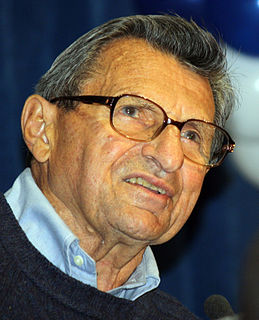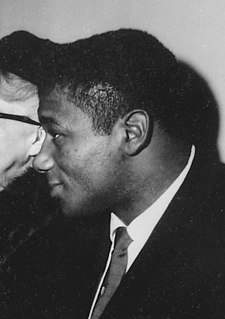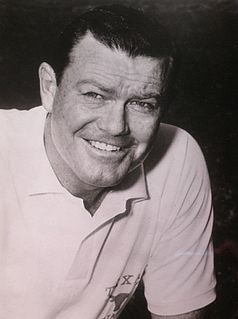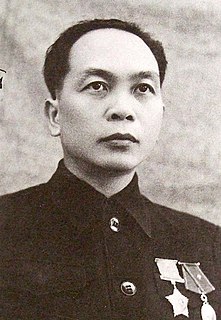A Quote by Simon Bolivar
Related Quotes
Commonly, people believe that defeat is characterized by a general bustle and a feverish rush. Bustle and rush are the signs of victory, not of defeat. Victory is a thing of action. It is a house in the act of being built. Every participant in victory sweats and puffs, carrying the stones for the building of the house. But defeat is a thing of weariness, of incoherence, of boredom. And above all of futility.
In every adversity there lies the seed of an equivalent advantage. In every defeat is a lesson showing you how to win the victory next time. [But you must know enough to realise this, lest you focus more on the defeat than finding the lesson you paid for with the defeat. With every defeat and mistake, you have the logical right to get excited about the future when you will understand and be able to apply the lessons and thereby turn defeat and temporary failure into victory and permanent success.]
A hard-fought, well-fought, hairline-close game is as classical in sports as tragedy is in the theater. Victory is contained within defeat, and defeat is contained within victory. That's the way it is in the best of games. What counts in sports is not the victory, but the magnificence of the struggle.
I learned that sex was not a question of victory or defeat, of pleasure or profit: of a hand's manipulation and a physical response: I learned that in its purest pleasure it belongs to neither of those who practise it, in the same way as a child belongs to neither parent: it is a free spirit: it simply exists.
I think that it's perhaps harder to learn from victory than it is from defeat. I think that we don't want defeat. We don't want defeat in sport. We don't want defeat in life. How are we going to be beaten? All right. We have to deal with those things. What's going to cause us to lose the game, whatever the game might be?










































